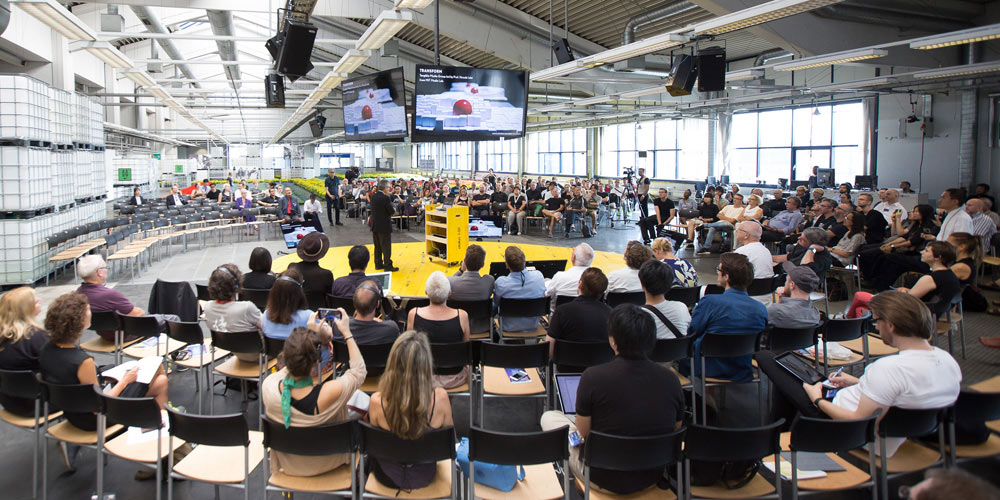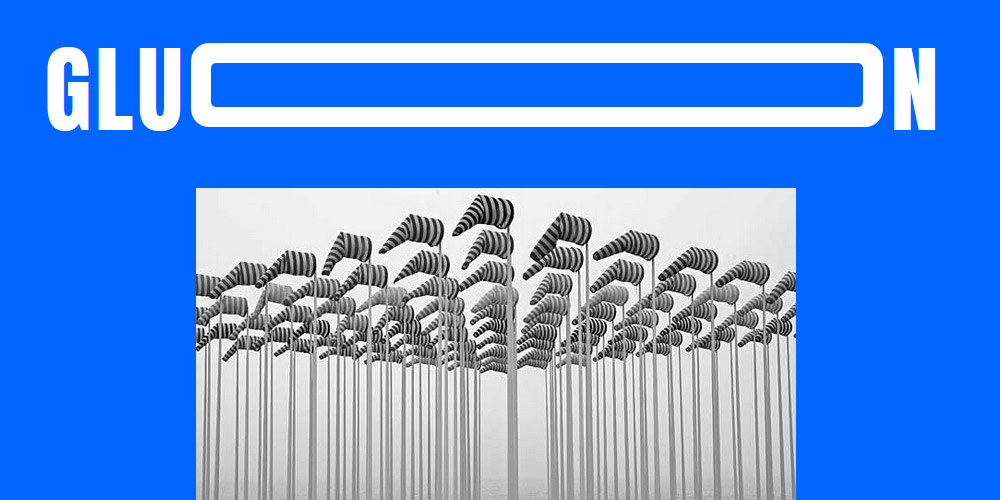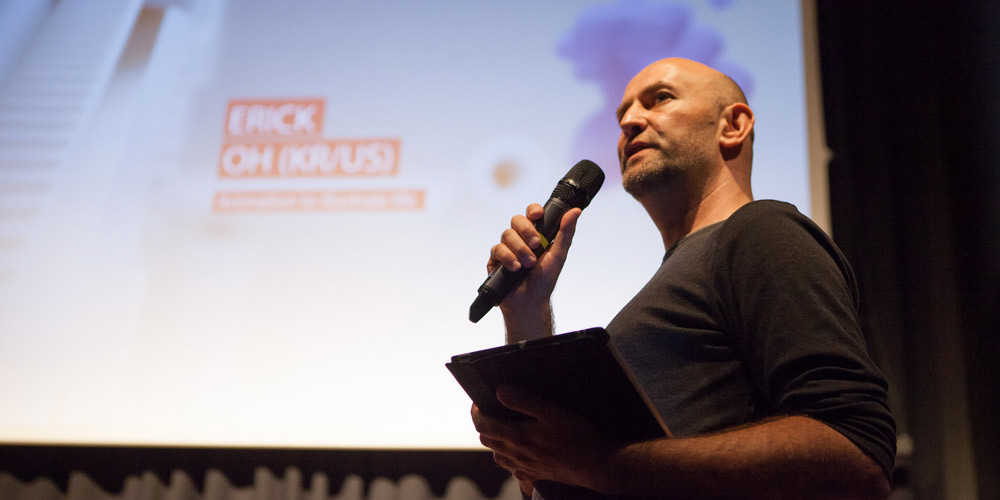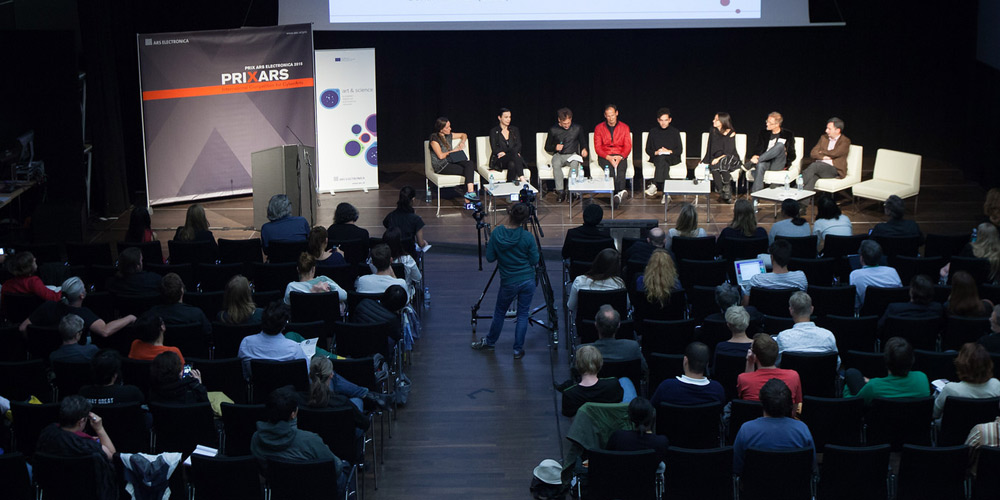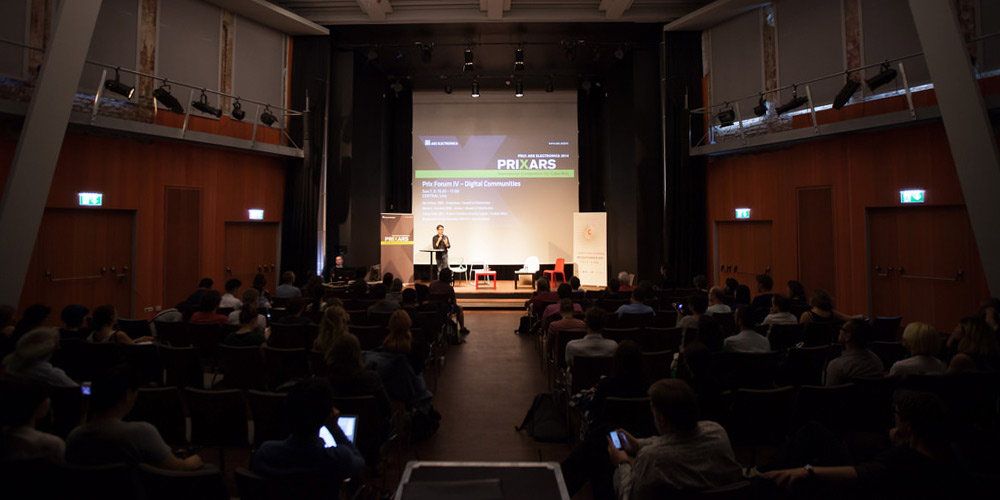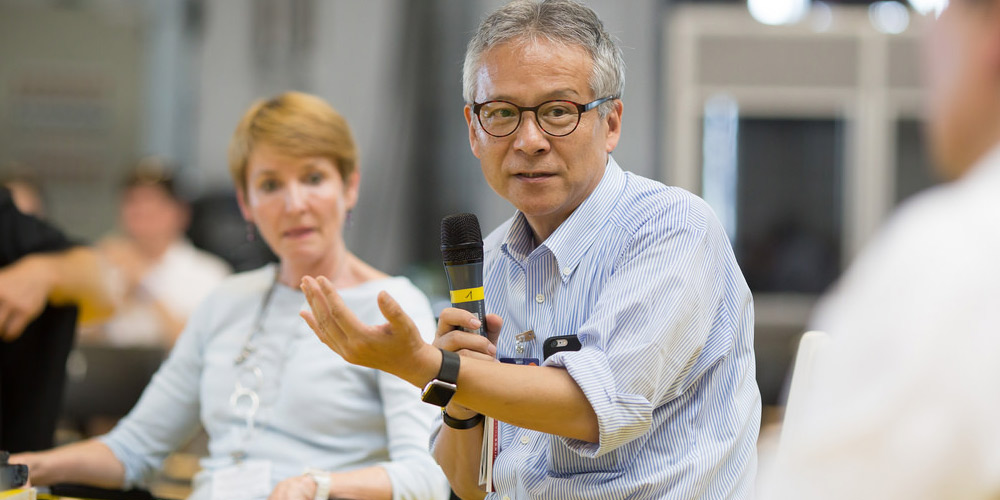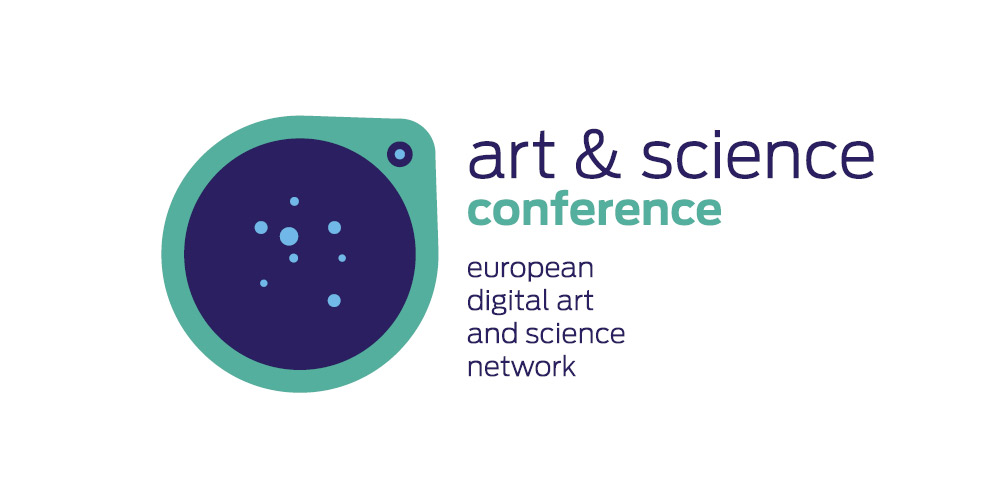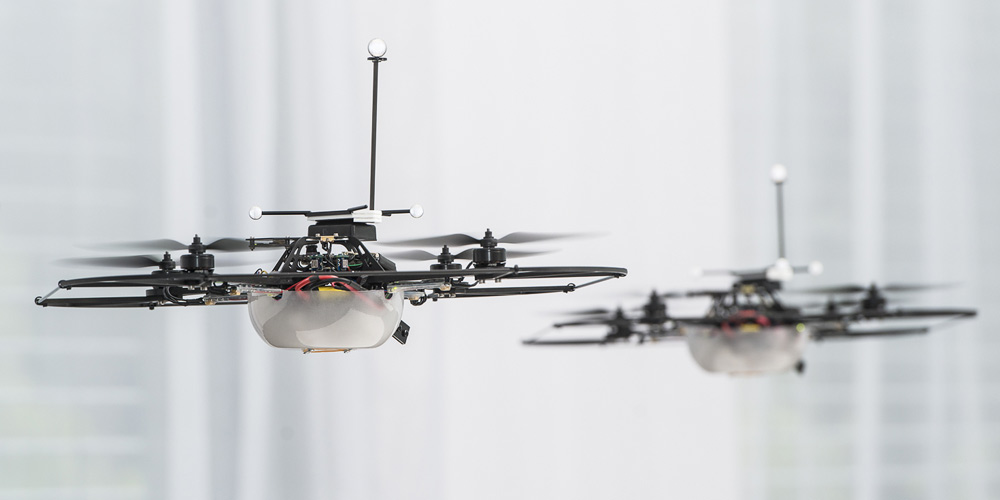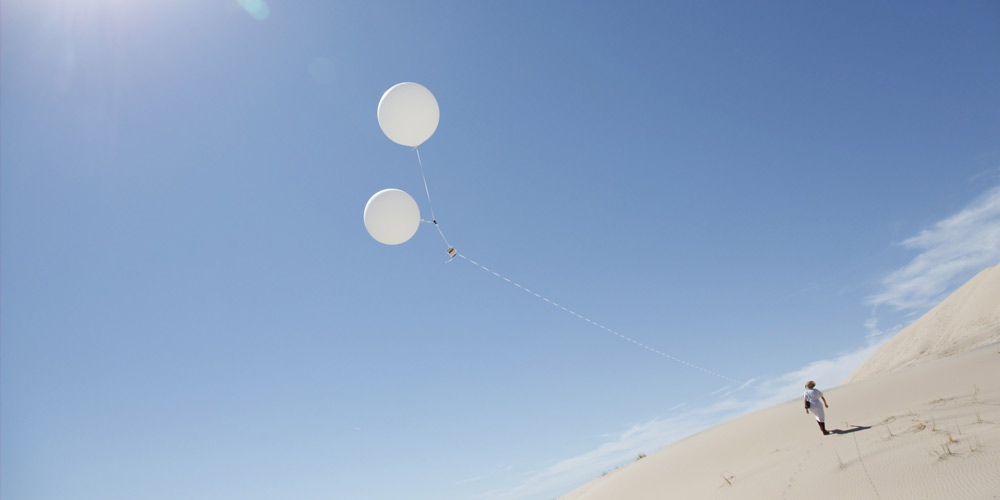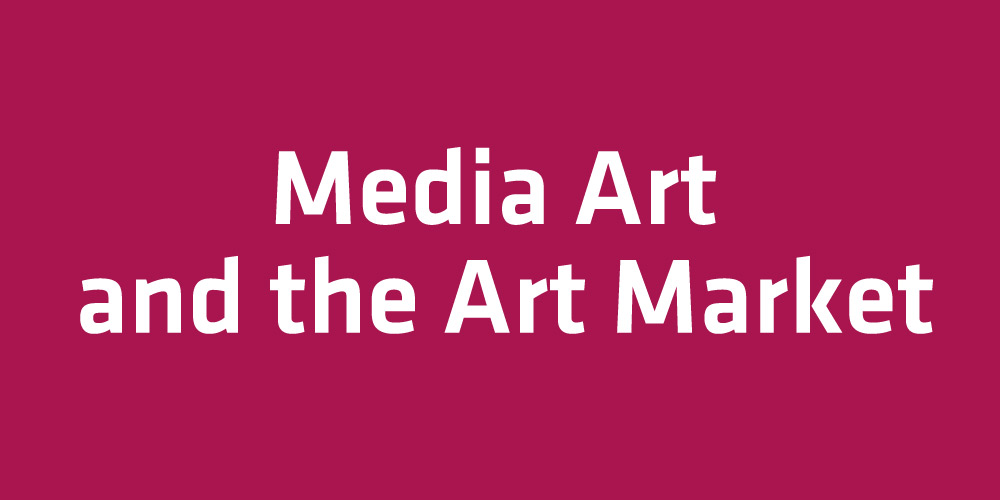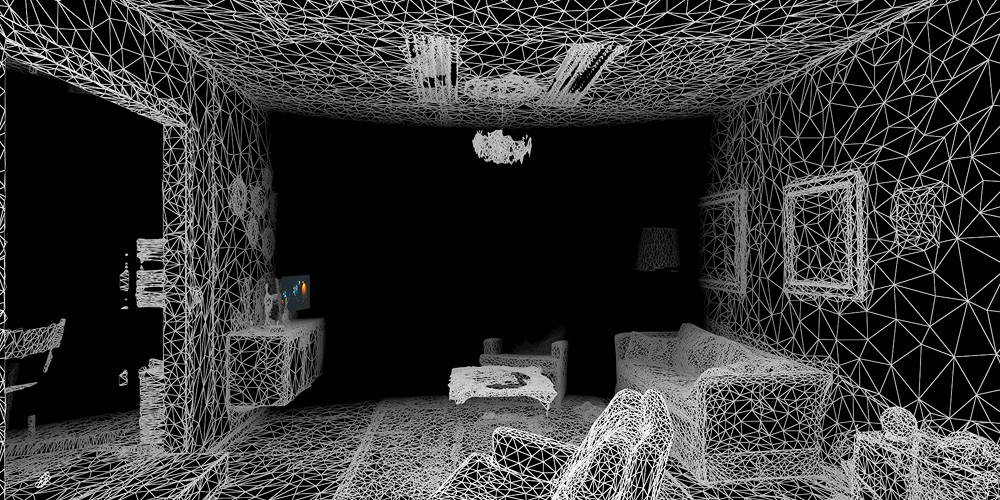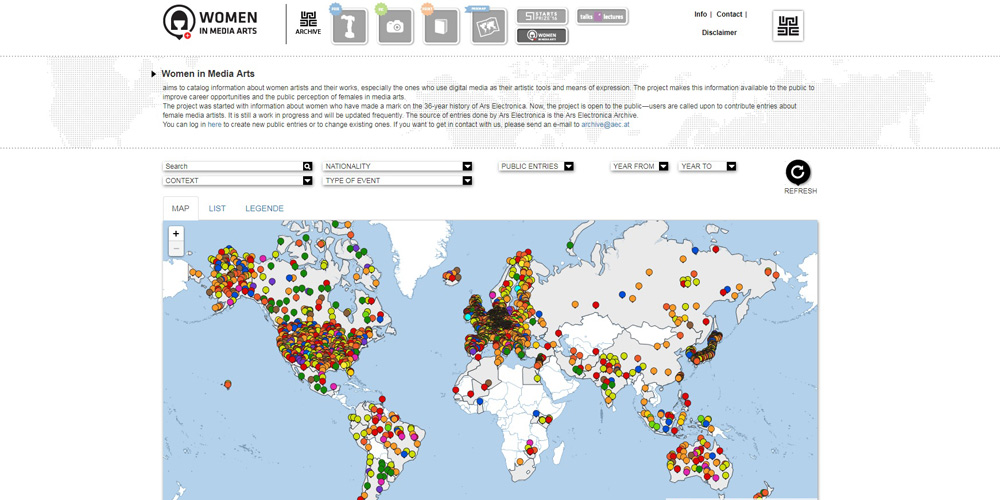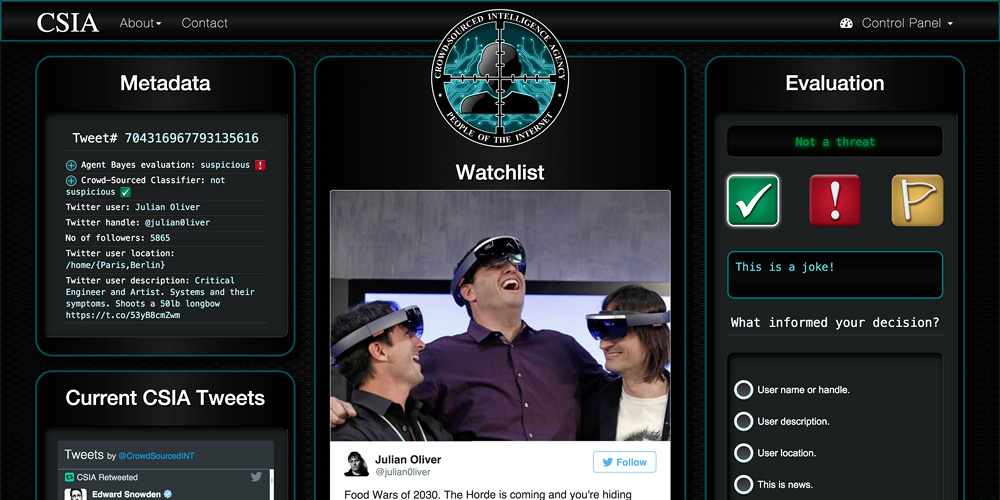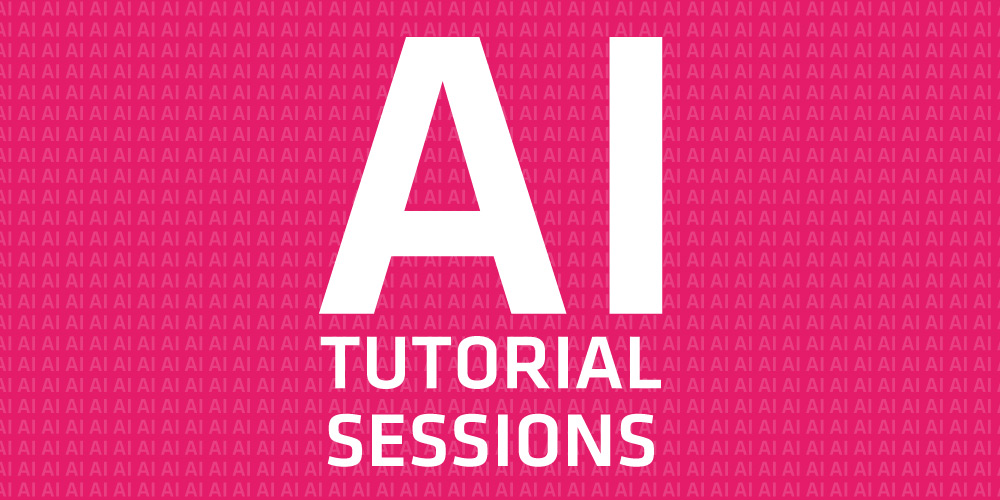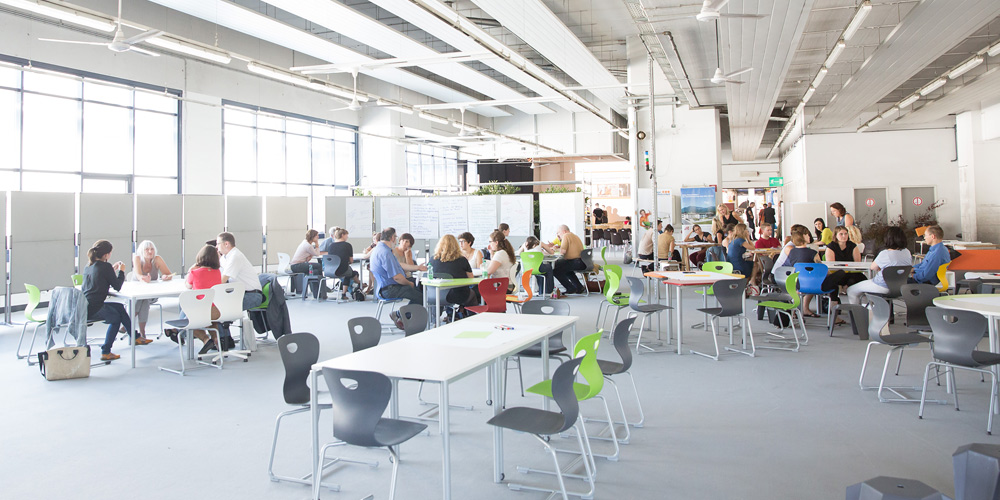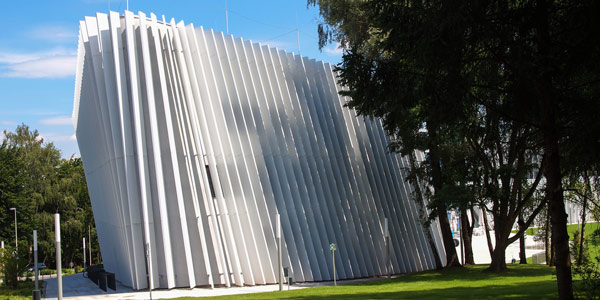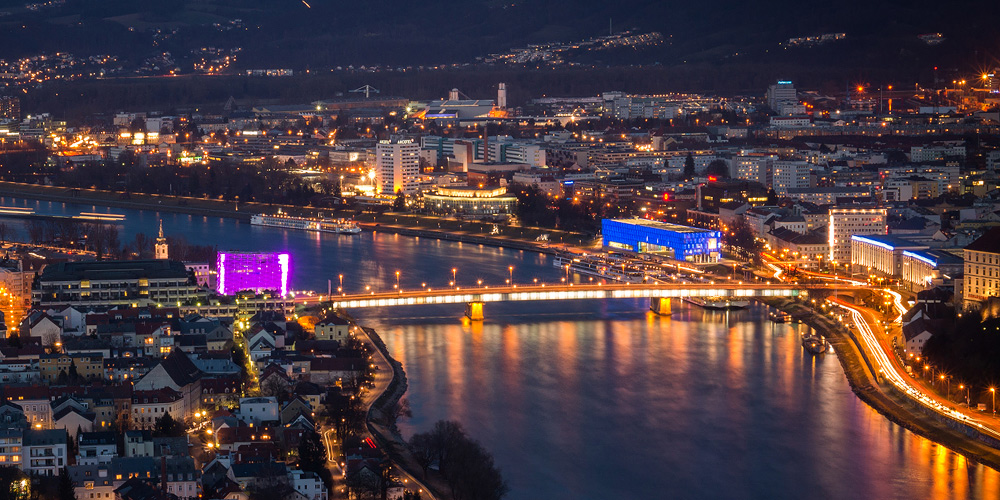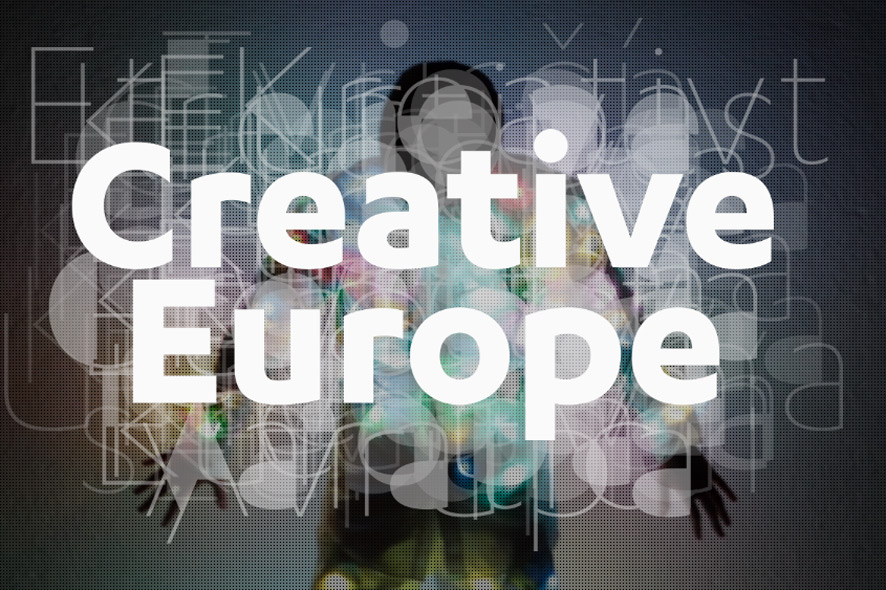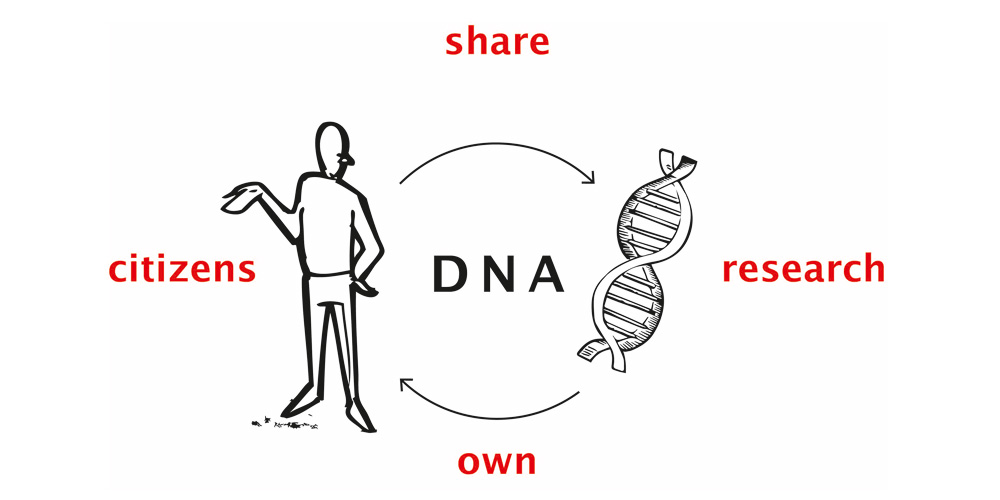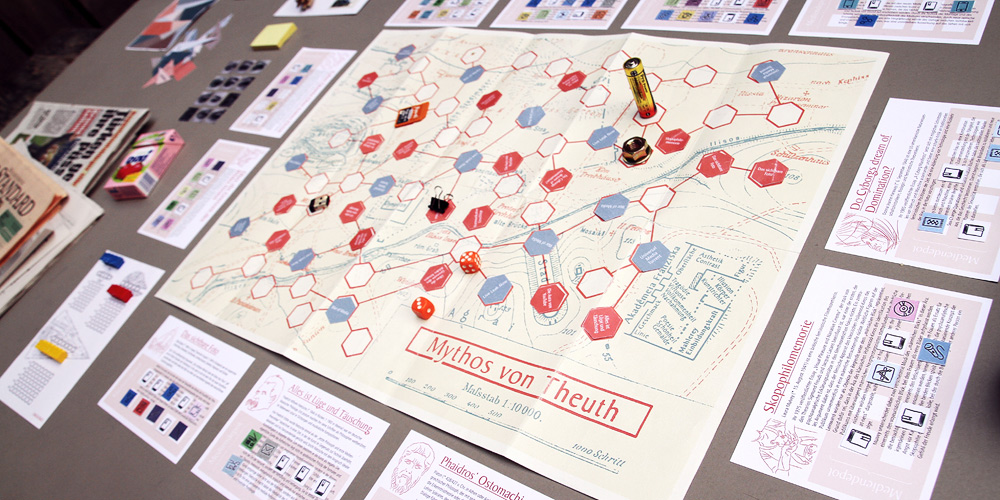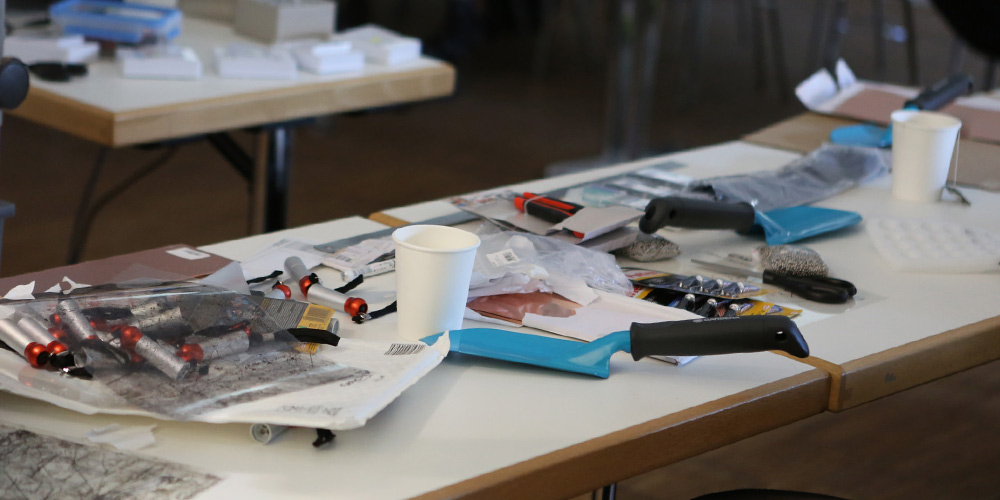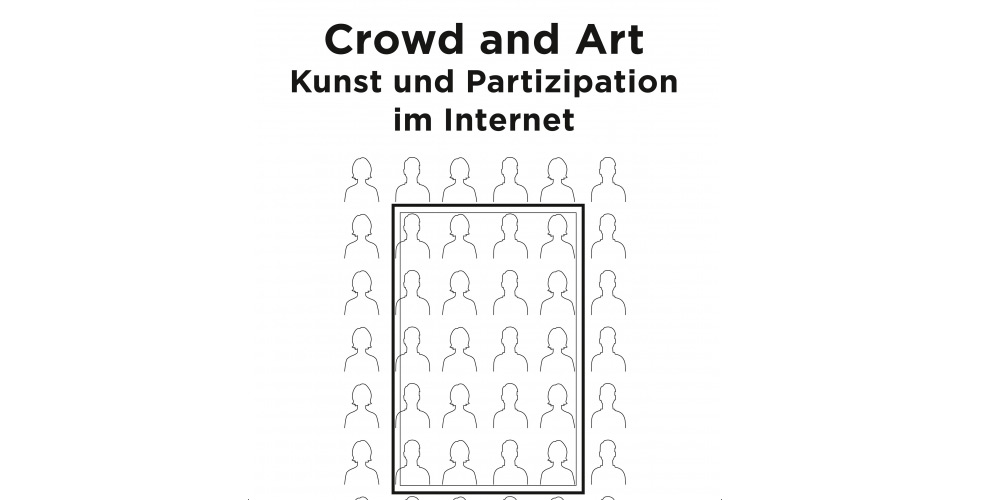Conferences, Lectures, Workshops
The subject of AI—and especially the perspective evoked by this year’s subtitle “The Other I”—deter- mines the core of the program. Symposia staged throughout the festival’s run will shed light on the social and cultural aspects of the development of and discussion about artificial intelligence. The lineup of symposia and lectures is being enhanced with workshops and tutorial sessions that will deal primarily with the artistic possibilities of machine learning. The opening symposium on Thursday asks How Cultures Shape Technology. The cultural and social aspects of artificial intelligence R&D will dominate these proceedings on Friday; technical aspects occupy the spotlight on Sunday.
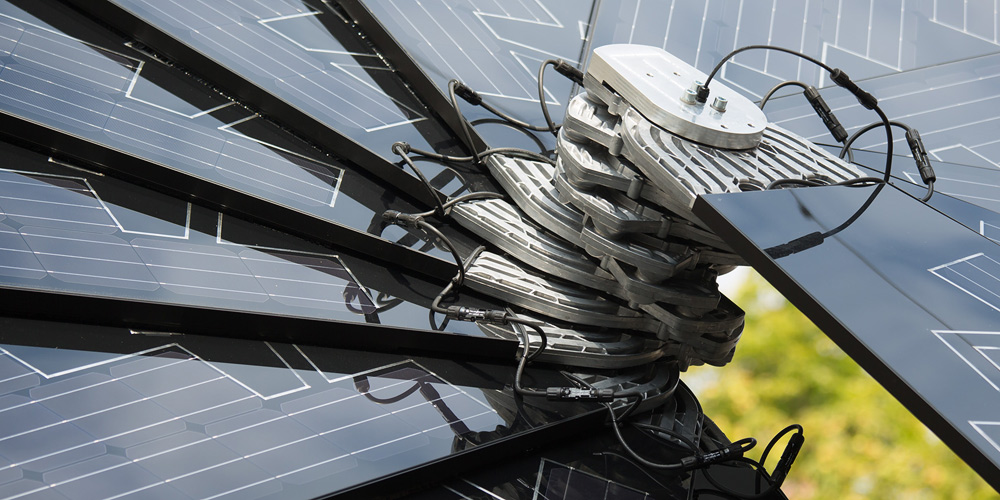
We usually focus our considerations on the impact that the introduction of new technologies makes on culture and society. But technology has always been a central part of culture, and not only in its applications. How different cultures form technological developments and applications is the question at this opening symposium.
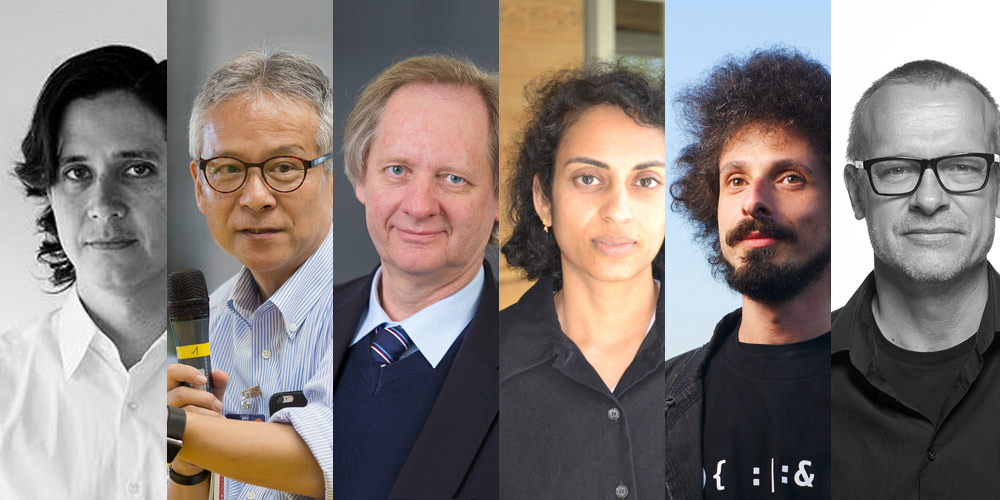
“Future in a Nutshell – Future for All” stands for an intensive examination of the most important technological developments that are imminent over the course of the coming decade. Internationally renowned experts from various fields present highly relevant topics in concise keynotes. They highlight the most important technical research areas that are about to change our lives, our economy and our society far beyond the reach of past technological trends.
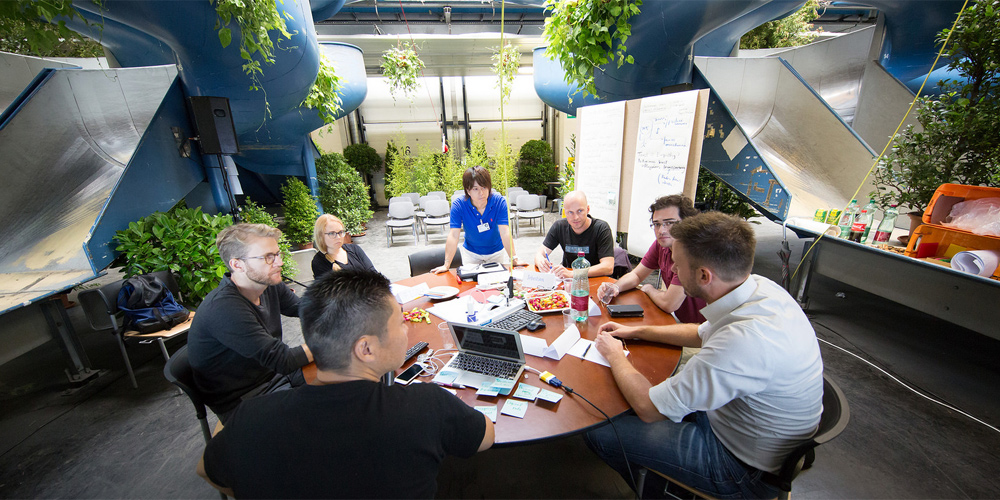
Future Innovators from different cultures and backgrounds and from different fields such as artists, designers, scientists, engineers, entrepreneurs, social activists and philosophers will gather in September in Linz to explore new ways of collective brainstorming and creative prototyping on the crucial questions of the future.
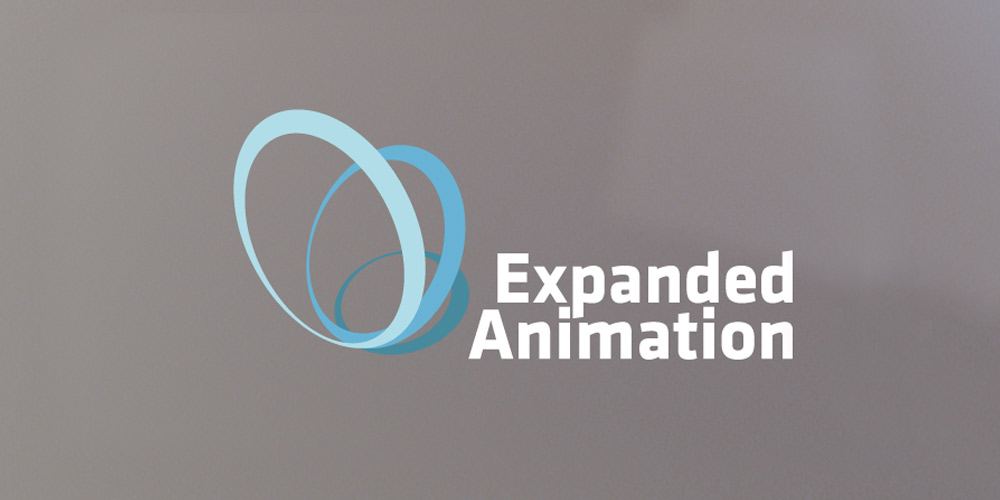
The discussion will focus on hybrid technologies and their impact on animation production. Several panels will discuss the developments from the various perspectives of animation filmmakers, media artists, game designers and scientists. One of the Prix forums will host a discussion of current trends by winners in the Prix Ars Electronica’s Computer Animation/Film/VFX category.
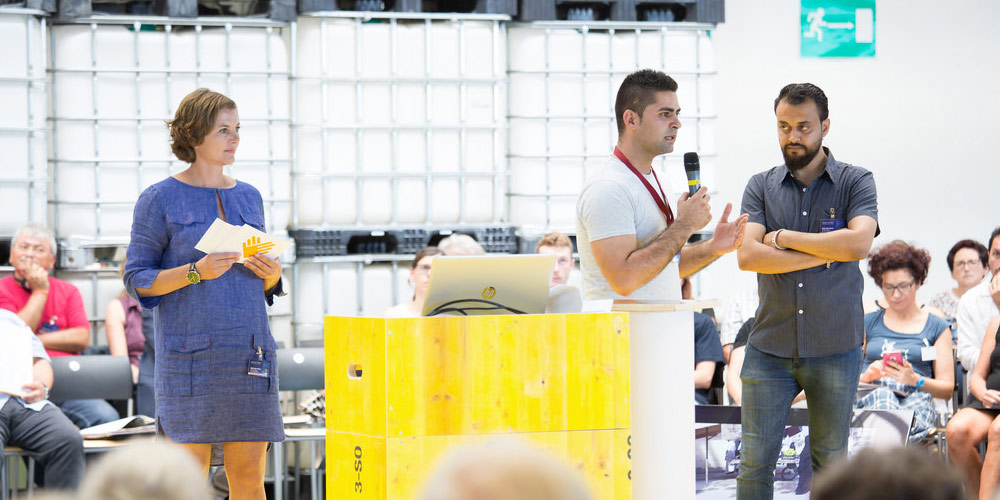
ZusammenHelfen in Oberösterreich, the contact point for involvement with Gemeinsam für geflüchtete Menschen (Together for Refugees) will stage the third HelferInnenkonferenz on September 9, 2017. This conference will offer committed individuals in Upper Austria as well as an extended community of participants a highly diversified lineup of presentations including new prospects, current developments, challenges and projects to do with the subject of working together to aid refugees.
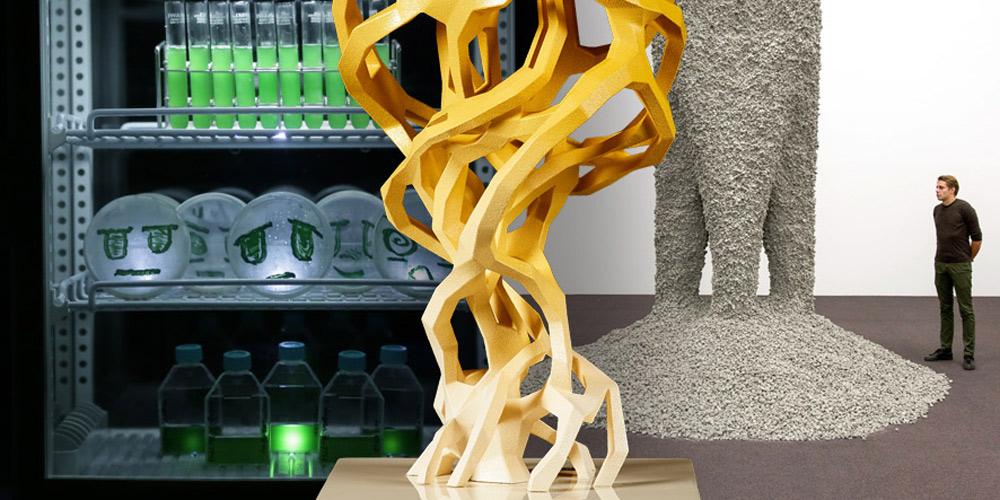
Attention is not only focused on the prize-winning projects of the STARTS Prize 2017; Ars Electronica’s spotlight also shines on the people who produced them.
At the STARTS Prize Forum 2017 they will have an opportunity to elaborate on their approach and point of view, their methodology and the results they have achieved with it.
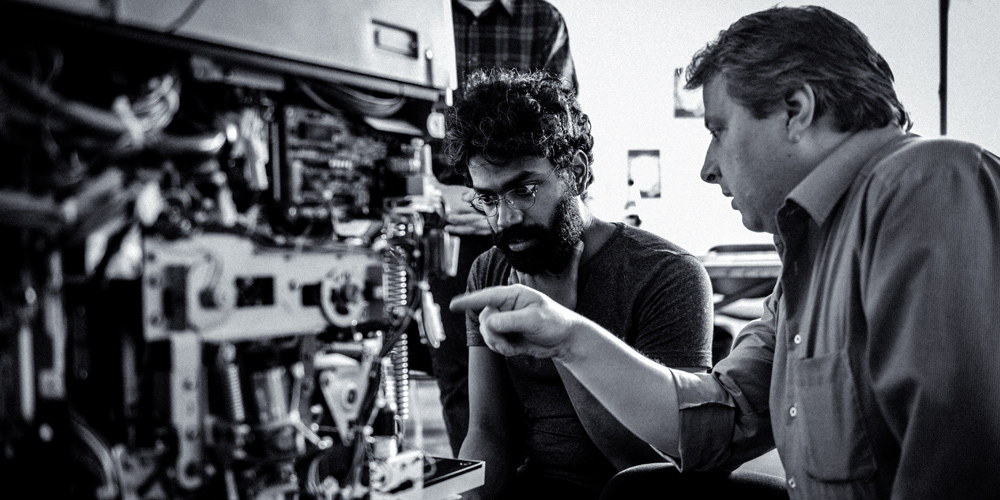
Production in the 21st century works with distributed authorship and identities-artists present their processes “coded” in the fragmentations of global networks. Contemporary artistic output is developed out of collective inquiries, research processes are results of distributed agency between humans, machines, and programs.
At the STARTS Prize Talks the STARTS Prize – Honorary Mentions and Nominations winners will have an opportunity to elaborate on their approach and point of view, their methodology and the results they’ve achieved with it.
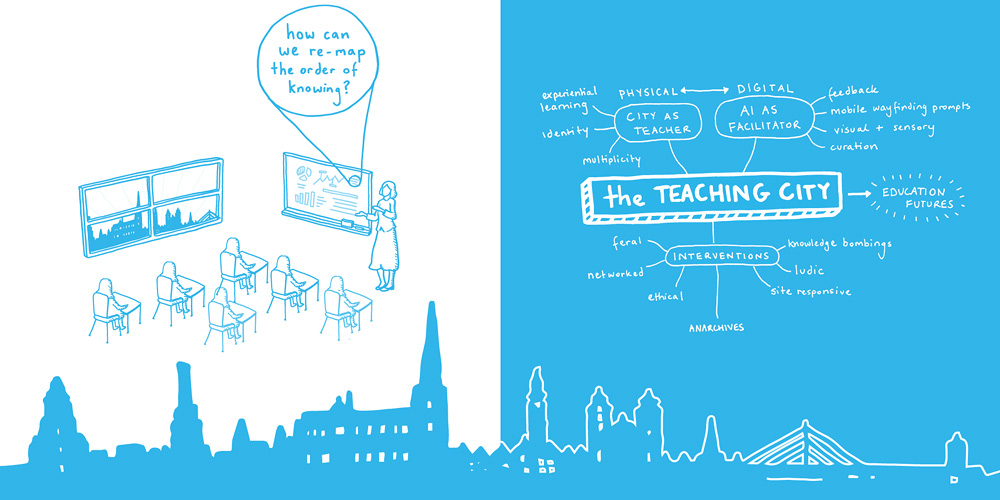
Teaching City is an experiential learning framework highlighting urban issues through playful interactions. It offers an antidote to the industrial-age pedagogy of the classroom, subverting the preconceptions of citizens through “knowledge interventions” embedded in urban spaces—the city is the teacher.
The Workshop Space is located in a room with a big triangular table with room for speakers, artists and visitors alike. Visitors can join the discussions and presentations or just sit at the table and listen.
Being the smaller sister of the big Conference Stage so to speak, the Lecture Stage will also be a hot spot for attending high-level panel discussions with top-class lecturers.
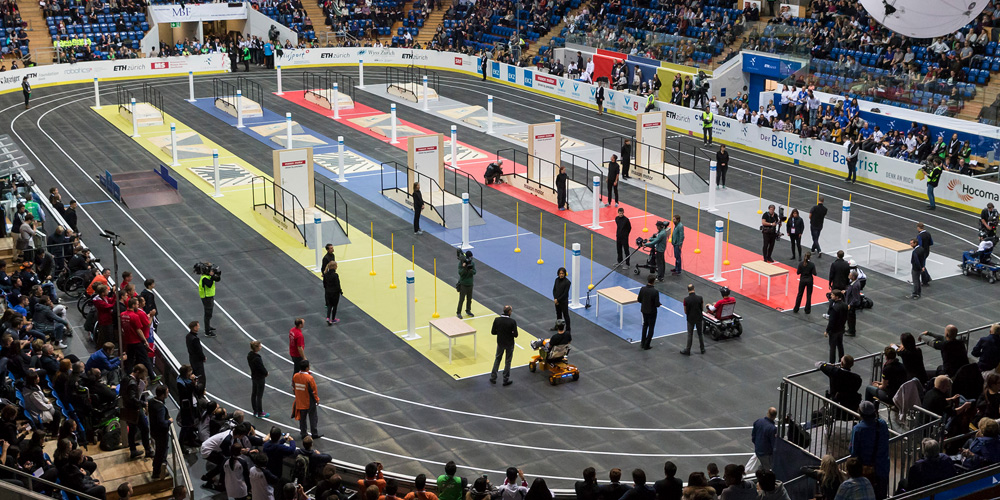
Cybathlon is a project by ETH Zurich to promote an exchange between people with disabilities, technology providers and the public in order to raise awareness of the challenges faced by people with disabilities. The goal of the Cybathlon is to promote the development of assistive technologies that are useful for everyday life.
Join us for an interesting talk, discussion and hands-on experience on how to build your own bio-display and hear about our workshops, projects and curriculum for biodesign at the Royal College of Art.
Discussion about the significance of ethics for disciplines whose research seems to approximate limits of moral principles. Bold experiments in artistic as well as scientific exploration are under examination from a religious and an ethical point of view.
Here, you will have the opportunity to discuss future developments of STARTS, to nurture cooperation among industry, science and the arts and to engage with people working in this field.
At the STARTS Prize Talks the STARTS Prize – Honorary Mentions and Nominations winners will have an opportunity to elaborate on their approach and point of view, their methodology and the results they’ve achieved with it.
Similarities and differences between people and machines, in a world where objects become more and more intelligent.
QUT Vice Chancellor and honorary guest, Professor Peter Coaldrake, presents his view about the current state and future of tertiary education in Australia and also in reference to QUT’s established partnership with Ars Electronica since 2013.
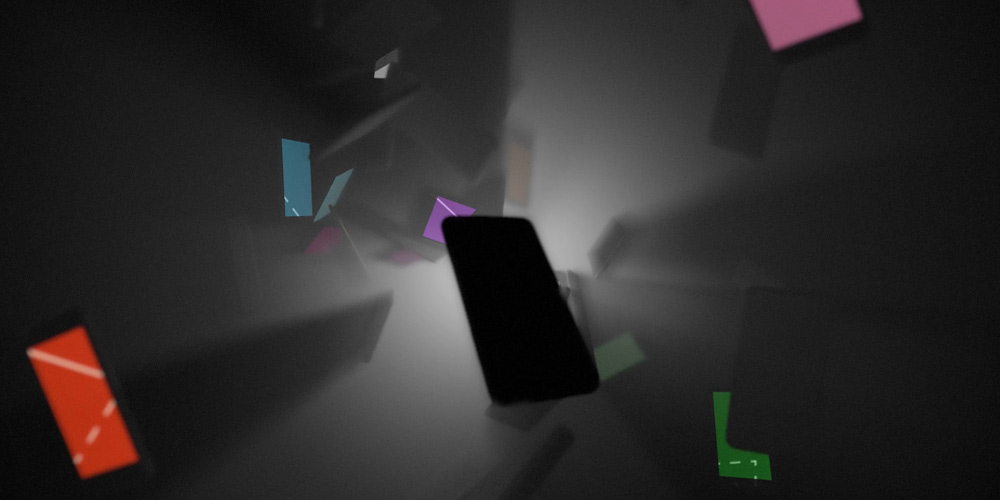
The FWF-funded art-based research project “Breaking The Wall“ explores how to use technology to involve the audience in live music performances. The symposium will combine talks about technology-mediated audience participation and a showcase of technologies for audience participation with a panel discussing the recent Breaking The Wall live music event with artists and researchers.
This panel discussion aims to talk about the role of art and industry and moreover the potential of the city as a laboratory for innovation.
This talk will focus on the activities during the last two decades and will discuss the future of media and art.
Artists and scientists collaborating, what works and what not – a conversation

